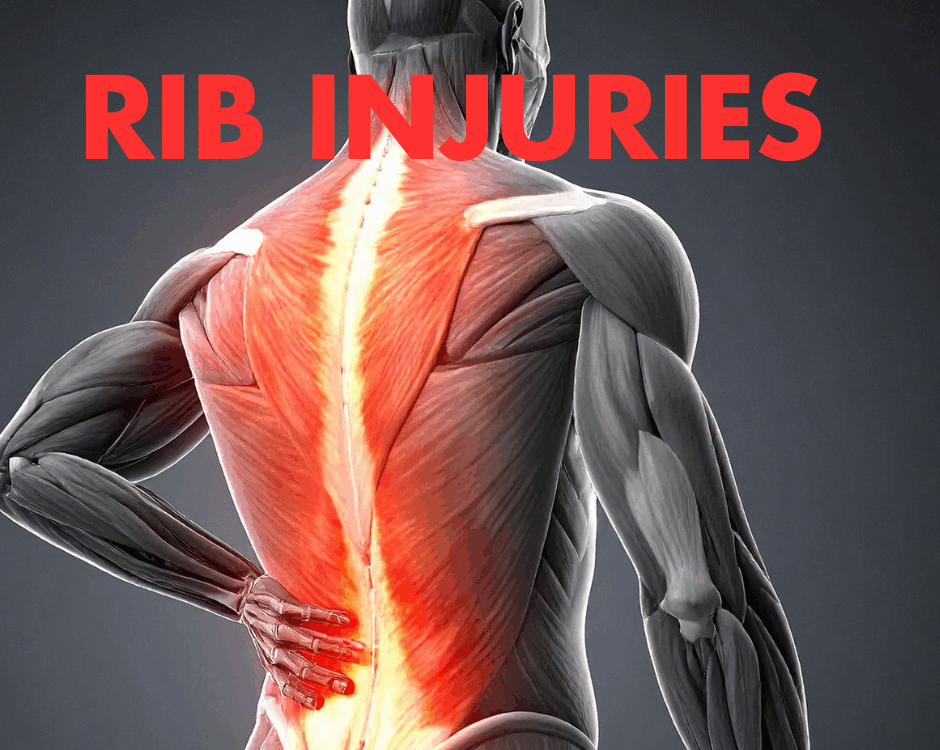Most Common Elbow Injuries After a Motor Vehicle Accident

Great Ways to STOP muscle Cramps in the Night
November 11, 2024
Pickle Juice for Muscle Cramps? Yes!
November 11, 2024- Accident doctor
- accupuncture
- airplane headache
- alzheimer's
- best habits
- Brain Injuries
- car accident
- car accidents
- cervical strain
- colds
- concussion
- Concussions
- disc bulge
- dosage meds
- dry needling
- dull pain
- E bike injuries
- florida
- good posture
- headaches
- Headrest positions
- Headrest positions after an accident
- Healthy choices
- Healthy flying
- healthy gift guide
- Healthy SPring Ideas
- hip pain
- hyperextension
- injury doctor
- insurance
- Kayaking
- kentucky
- kids motion sickness
- lifestyle
- motion sickness
- neck injury
- no fault insurance doctor
- noise healing
- osteoporosis
- pain symptoms
- pink noise
- posterior chain
- posture
- prevent osteoporosis
- Rest
- Scoliosis
- shoulder pain
- Stress with kids after a motor vehicle accident
- TBI
- tips
- tmj
- torn muscle
- Traumatic Brain Injury
- trigger points
- VitaminD
- What are Post Traumatic headaches?
Common Elbow Injuries Following a Motor Vehicle Accident
Motor vehicle accidents (MVAs) often cause a significant amount of force that is transferred into various areas of the body leading to multiple injuries. We often correlate whiplash, head and back injuries as the most common problems sustained, but elbows are also susceptible to that trauma. The sudden jerking movements within vehicles’ interior area, airbag deployment, and grasping tight to the steering wheel, can all contribute to the severity of injury to the elbow. Dr. Aaron Workman, a team member of one of the highest rated car accident medical care programs in Kentucky, discusses the most common elbow injuries following an MVA and their symptoms.
- Tendon and Ligament Injuries: In an MVA, sudden force will be transferred from the collision, into the steering wheel, through the hands, wrist and then elbow. This can cause a problem with the tendons and ligaments that support the elbow joint. Two common types of injuries are biceps tendon tears and ligament sprains or tears in the elbow itself. These are normal injuries frequently seen within Chambers Medical Group. If the arm is gripping tight, then overstretched or hyperextended due to impact, there will likely be an elbow injury in the diagnosis.
Symptoms can include pain, weakness in the elbow and forearm, and difficulty bending or rotating the arm. We have had cases this year of a torn biceps tendon with retraction causing the bicep muscle to stick out abnormally. This is most evident with just visually comparing the patients two bicep muscles.
The less severe tendon and ligament injuries may be managed with rest, ice, and some therapeutic exercises. For tears, surgery may be needed to fix the tendon or ligament, requiring an orthopedist referral. Depending on the severity, recovery time can vary. Not only does the soft tissue have to be mended, it also must gain strength, stability and recover its flexibility and range of motion.
- Elbow Dislocation: Elbow dislocations occur when the bones within the joint are knocked out of place. During an MVA, the arm may be twisted or pushed backward forcefully enough to dislocate the joint. While holding on for impact the airbags may also deploy causing another force to be subjected to the elbows. The result can be a dislocation that can range from partial to complete.
This one can be easier to give a quick visible diagnosis to from the possible deformity, swelling and an inability to move elbow at all. The pain is going to be quick and severe and likely have some numbness or tingling in the fingers or hand.
If dislocated, you will need immediate medical attention to properly realign the joint. For partial dislocations, a splint or brace may suffice to keep the joint stable during recovery. Severe dislocations or cases with ligament damage may need surgery to repair and stabilize the joint. Chambers Medical Group would typically end up with the restorative part of the recovery process aiding in range of motion and longer-term stability and strength.
- Fractures: An elbow fracture can also occur following an accident. The elbow is made up of three bones, the humerus (upper arm bone), the radius and the ulna (both in the forearm). This fracture typically occurs from a person bracing themselves with their arm extended or if the elbow directly strikes the door. Depending on the area of fracture this could resemble some of the dislocation symptoms. There would be severe pain, swelling, trouble moving the elbow, and possible visible deformity.
Minor fractures may only require immobilization in a cast or splint. Severe cases involving bone displacement or multiple fractures may require surgical intervention. Rehabilitation is important for recovering mobility and strength.
If you have been in an MVA and are experiencing pain or difficulty moving your elbow, it is essential to seek medical evaluation as soon as possible. If you are suffering from severe pain, then a trip to the ER may be needed to rule out fractures or dislocation. These injuries left untreated can lead to chronic pain, loss of movement and other joint discomfort in the same arm. If you find yourself suffering an elbow injury following an MVA, the doctors at Chambers Medical Group can help.
— This article is written by Aaron Workman, DC, one of the members of Chambers Medical Group’s team of car accident chiropractors who offer a variety of treatments and therapies ranging from diagnostic testing to various soft tissue therapies for car accidents and injuries in Kentucky.
- Car Accident Medical Clinic in Tampa
- Car Accident Medical Clinic in Plant City
- Car Accident Medical Clinic in Brandon
- Car Accident Medical Clinic in Lakeland
- Car Accident Medical Clinic in Sarasota
- Car Accident Medical Clinic in Louisville
- Car Accident Medical Clinic in Lexington
- Car Accident Medical Clinic in Florence




